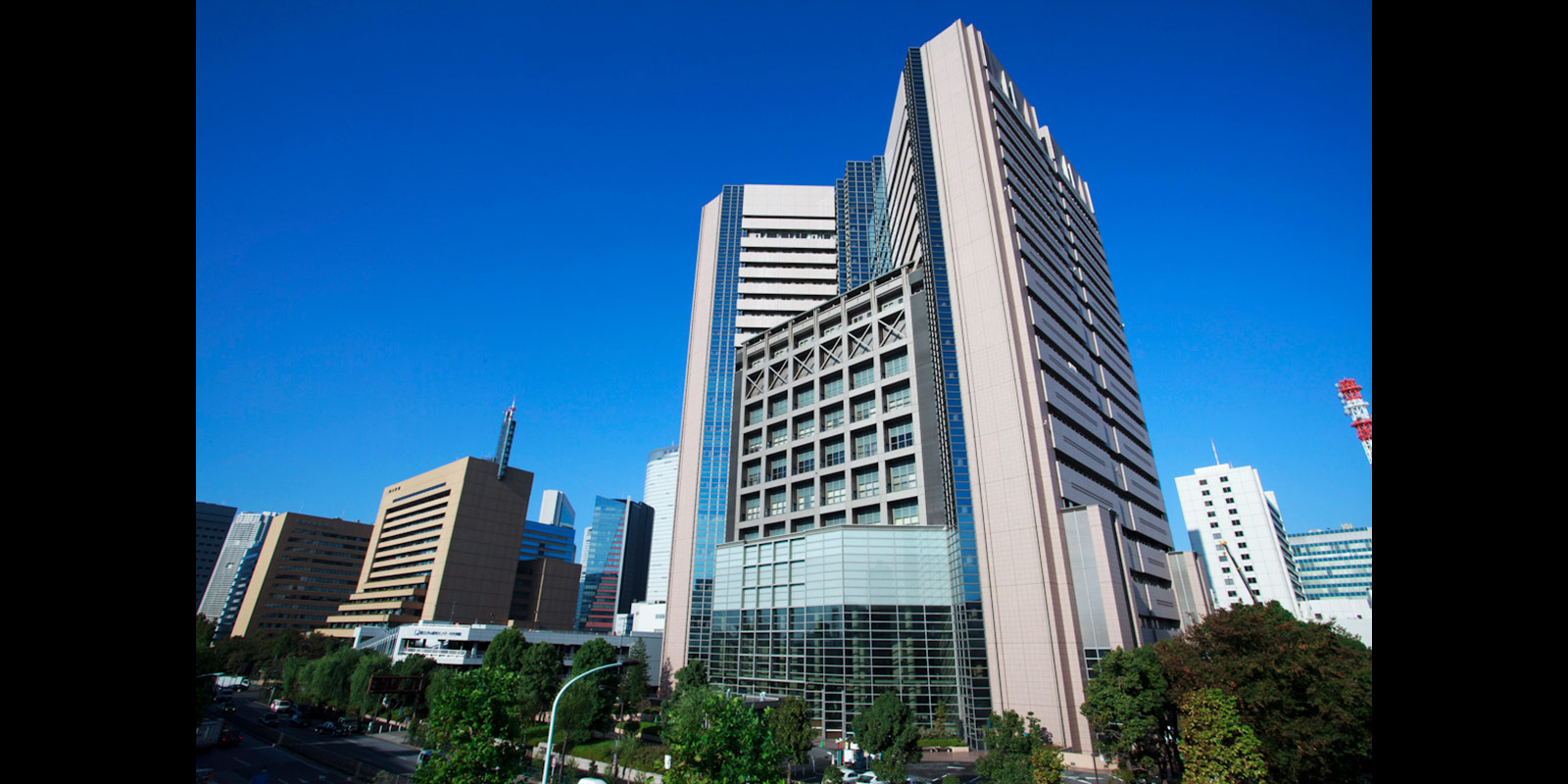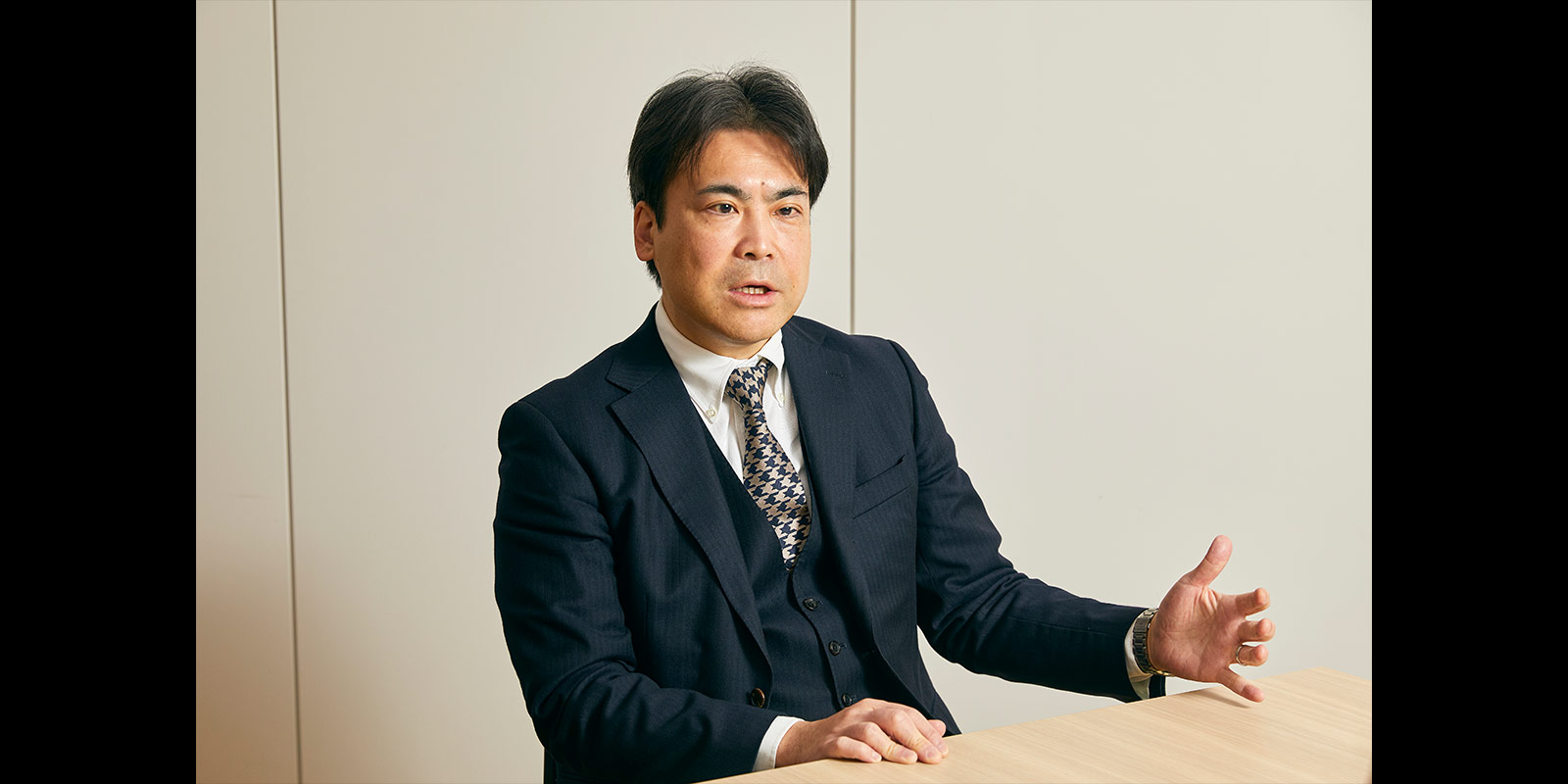Going to trial
There’s long been a lack of treatments for types of cancer more common in Asia. But a pioneering new partnership between Japan and Thailand aims to develop the treatments needed. Kazue Yokoi has the details
Cancer is responsible for around one in six deaths worldwide—but different types of the disease are more common in some regions than others. Since a small number of mainly Western pharmaceutical companies wield outsize influence on drug development, the need for treatments for ailments that disproportionately affect people in Asia has long remained unaddressed.
Japan’s National Cancer Center is looking to fight types of cancer that occur predominantly in Asian populations
One of the region’s premier institutions in cancer research and treatment, Japan’s National Cancer Center (NCC) is looking across borders to fight types of cancer that occur predominantly in Asian populations. It’s teamed up with the Thai Ministry of Public Health’s Department of Medical Services (DMS) to launch its first decentralized clinical trial of a new cancer drug.
Japan’s National Cancer Center is looking to fight types of cancer that occur predominantly in Asian populations
 Japan’s National Cancer Center
Japan’s National Cancer Center
As one of the leading specialist institutions in its field in Asia, the NCC conducts a wide variety of drug trials. However, participation in these was until recently limited to patients receiving treatment at the center’s own hospital in Tokyo. One way to tackle this problem is telemedicine, the use of which expanded dramatically in Japan during the Covid-19 pandemic, allowing the center to set up a framework of decentralized clinical trials together with other hospitals. Under the system, patients across Japan willing to take part could do so without the need to travel to the capital.
The next step is to expand telemedicine-based trials across borders. “To develop a drug that can be approved for clinical use internationally, you need to conduct trials in multiple countries,” explains Dr. Kenichi Nakamura, director of the NCC’s Department of International Clinical Development. Involving several countries can also speed up the process of securing sufficient numbers of participants for a trial, as the potential patient pool is much larger than in a domestic case. International trials, however, are costly, monitoring of the process is often complicated, and differences in the quality of medical treatment from one country to the other can present problems.
 Dr. Kenichi Nakamura | Kisa Toyoshima
Dr. Kenichi Nakamura | Kisa Toyoshima
According to Nakamura, telemedicine-based, decentralized trials have the potential to solve these issues, since they allow trial data to be shared directly online—removing the need for on-site monitoring in the partner country—and for Japanese and partner country doctors to work together on the diagnosis and treatment of trial participants. “The online element allows us to conduct international trials safely and efficiently, which means we can provide patients with results quicker than before,” says Nakamura.
“Asian countries have to work together to conduct clinical trials and push for drug development”
ATLAS of the future
The joint effort by the NCC and Thailand’s DMS is conducted under the umbrella of the Asian Clinical Trials Network for Cancers (ATLAS) project, a Japan-led undertaking that seeks to build a pan-Asian research and trials network to fight cancers that are comparatively common in Asian patients. “These include stomach, head and neck, biliary tract, and cervical cancers,” says Nakamura. “As several of these diseases are less frequent outside of Asia, they aren’t considered high priority by Western pharma companies. That’s why Asian countries have to work together to conduct clinical trials and push for drug development.”
Besides new drugs, the ATLAS project also works on developing diagnostics and medical devices, involving 13 institutions across Japan, South Korea, Taiwan, Singapore, Hong Kong, and Thailand. Nakamura hopes that the Japan–Thailand initiative can serve as a model for the project as a whole and attract the attention of global pharmaceutical firms. “By achieving a breakthrough with a network for clinical trials in Asia,” he says, “we hope to highlight the attractiveness of the Asian medical market globally.”